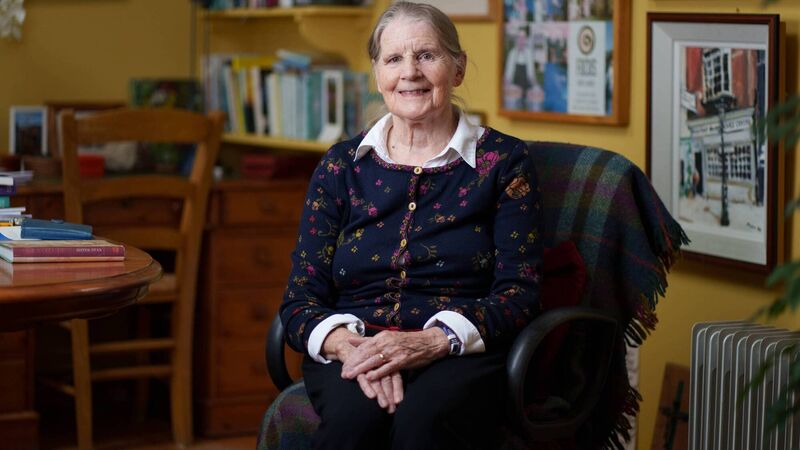Letters to the Editor: We must continue Sr Stan’s work

Sr Stanislaus Kennedy was the founder of homelessness charity Focus Ireland. She died on November 3, aged 86. Picture: Fran Veale
I write with a heavy yet grateful heart at the passing of Sister Stanislaus Kennedy, or Sr Stan, as she was more notably known.
A woman whose life was a testament to faith in action, compassion without end, and tireless advocacy for the most vulnerable among us.








